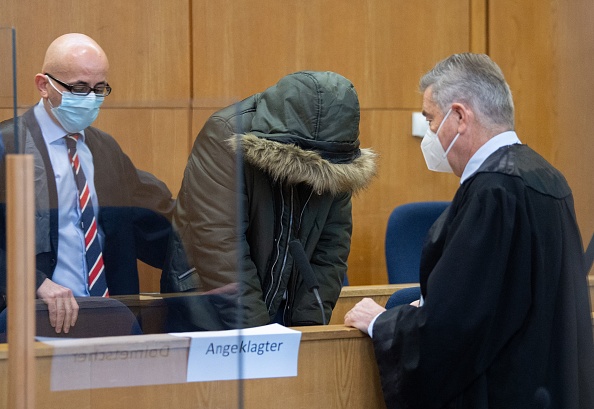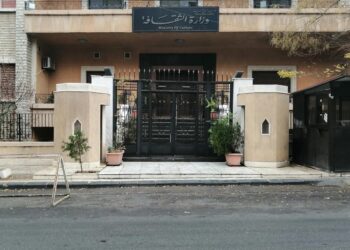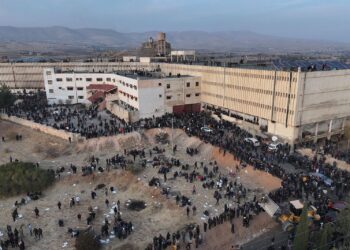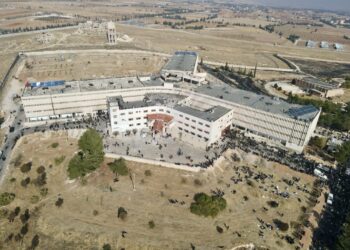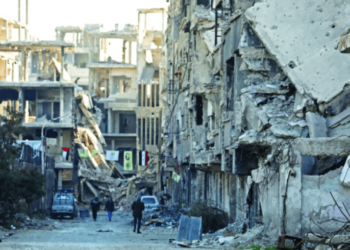Fadel Abdul Ghany, director of the Syrian Network for Human Rights, explained that the life sentence handed down to Dr. Alaa Mousa- dubbed the “doctor of human slaughterhouses”- is a significant ruling.
Mousa tortured and killed detainees at two military hospitals: Hospital 601 in Damascus and Hospital 608 in Homs.
He continued, “This verdict is truly important and historic for Syria and its history. This is a doctor who exploited his medical expertise for military purposes. Legally, this reinforces the principle that all professional work is subject to the prohibition of torture.”
According to Abdul Ghany, the ruling underscores the active role of civil society organisations in the process of transitional justice and accountability in Syria, as well as the crucial role of torture survivors and witnesses.
He added, “What must happen now is the establishment of an independent judiciary in Syria that is capable of conducting such trials. The Syrian parliament should work on establishing a special court and amending the penal code to include war crimes and crimes against humanity.”
Abdul Ghany went on: “The Syrian parliament must ratify the Rome Statute of the International Criminal Court so that its mechanisms can be used. The government must also pay greater attention to the role of victims and civil society organisations working across multiple justice tracks. They should benefit from the expertise built during this trial—how international crimes are documented and how the evidence used in court was collected—so that this material becomes part of Syria’s historical archive, which exposes the Assad regime’s practices and dismantles its criminal narrative.”
He concluded: “What makes this ruling particularly important is that the perpetrator is a doctor who engaged in torture. In my view, that is even worse than what Anwar Raslan did. Raslan worked in a security branch, so his role in repression might be understood in context. But a doctor committing torture, repression, and murder under torture—that is something entirely different.”
